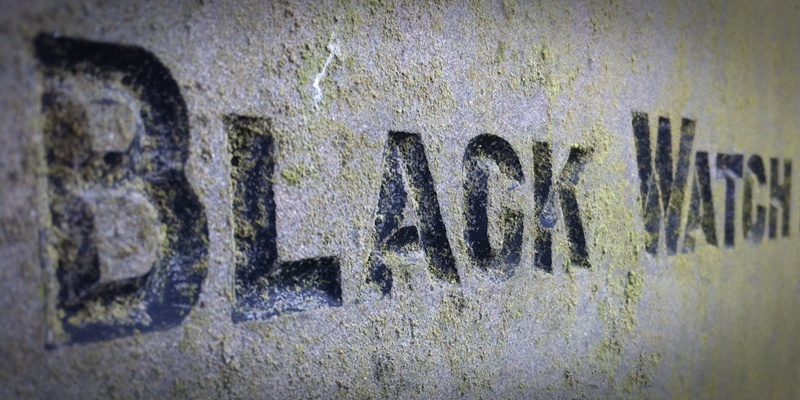The life of a Black Watch soldier from Angus is to be examined by a pioneering First World War remembrance project.
Kirriemuir man Lance Corporal John McHardie Beaton has been the subject of a lengthy investigation by Westmuir community historians.
The story of Mr Beaton, killed in 1915 at the age of 21, has interested a multi-media project by the Commonwealth War Graves Commission, which is searching for background material relating to casualties at three battle sites on the Western Front.
Ian Small, from the commission, contacted The Courier after reading about Mr Beaton’s story and his jocular poetry, which was distributed to buy cigarettes and rations for his company.
He said the commission aims for Flanders to be the site of one ”remembrance trail” marking the centenary of the war’s outbreak in 2014.
”The remembrance trail will offer a variety of different media which will deliver the stories of soldiers from the war,” he said.
”We’ll offer audio-visual archives that people can use, as well as newer technologies that people can pick up on devices like iPads, tablets and phones.
”The 100th anniversary falls on the third of August, and the battlefield at which Mr Beaton is buried is one of our first sites.
”As such, drawing together as much information about him and his service is a priority for the commission.”
Westmuir researcher Helen Humphreys said she was excited by the development, and awaits contact from Mr Small in order to involve Mr Beaton’s descendants.
She said: ”This just goes to prove the old adage that big things can often grow from little acorns.
”The work we have done on westmuir.org.uk has been really rewarding and we don’t expect something like this to come along.
”I know John Beaton’s relatives will be very interested in playing their part and we’ll try to make as much material available to Mr Small as we can.”
Mr Beaton was born in 1894 at Sawmill Row, the youngest of 10 children, and died on May 9 1915.
He sent poems home while serving with 5th Battalion The Black Watch in the north of France.
Mr Beaton is known to have sent at least two poems just before his death on the second day of one of the British Army’s greatest tragedies, the joint French/British trench push known as the Battle of Aubers.
His writings included aspects of travelogue, a message of thanks for home comforts sent to the front, and a match report for a football game between his unit and Cameron Highlanders during a lull in the fighting.
The poem was printed and sold locally for one penny in aid of the fund for sending tobacco and cigarettes to his regiment.
